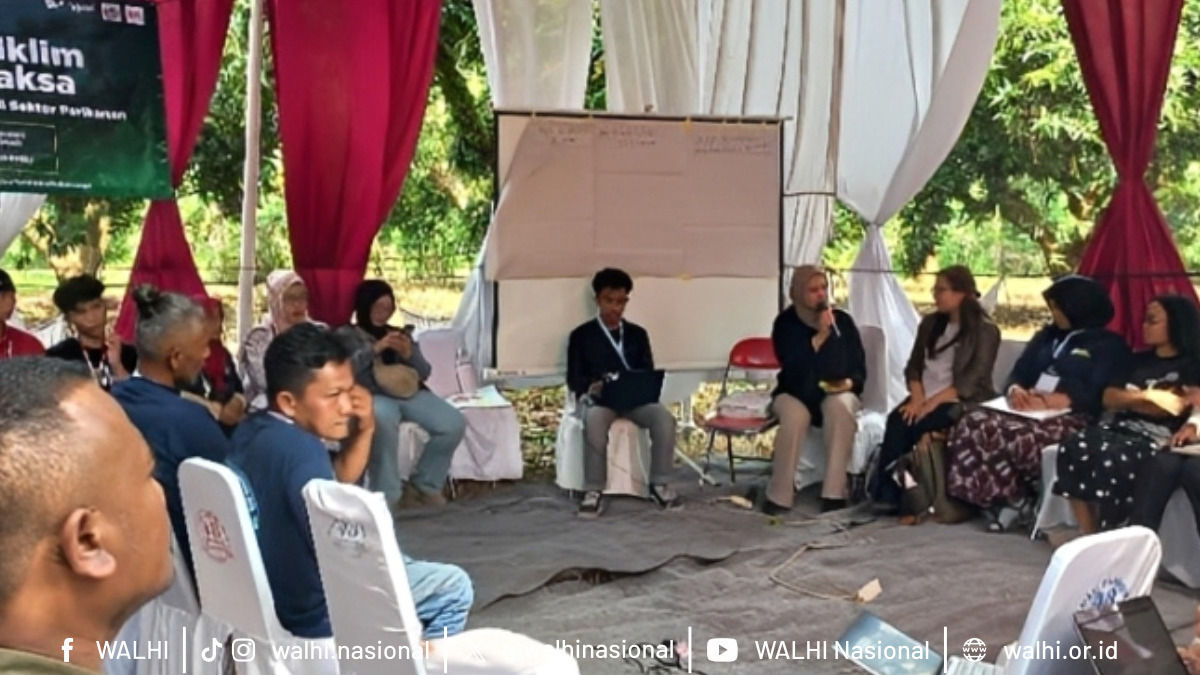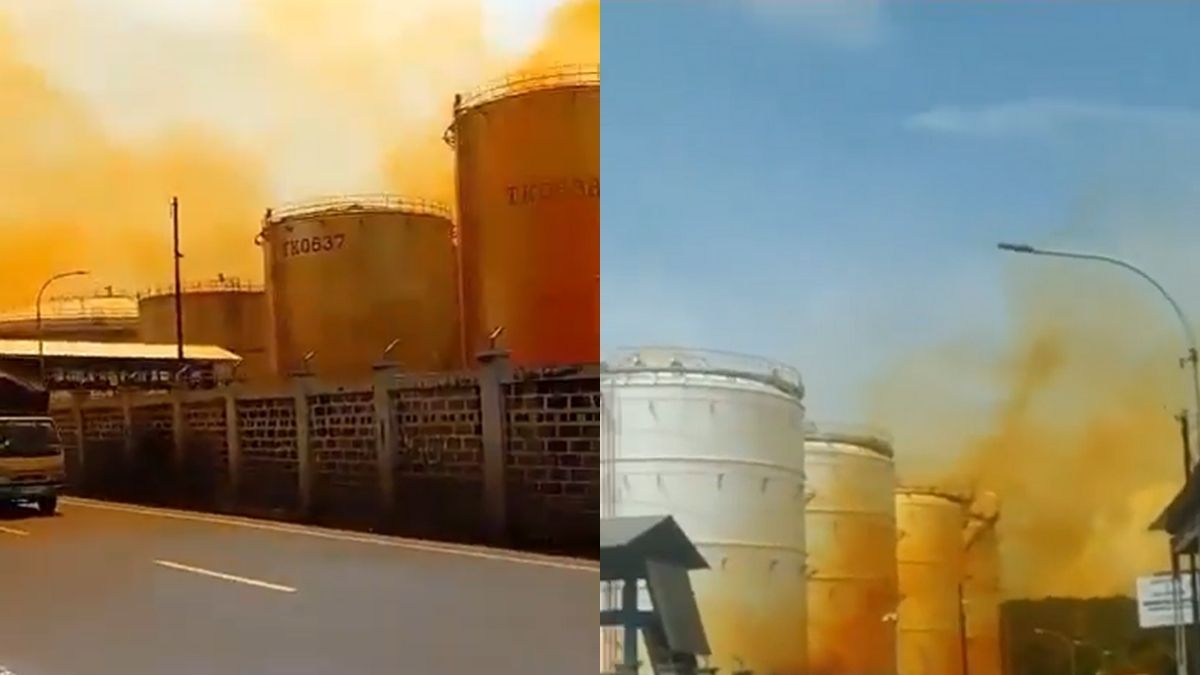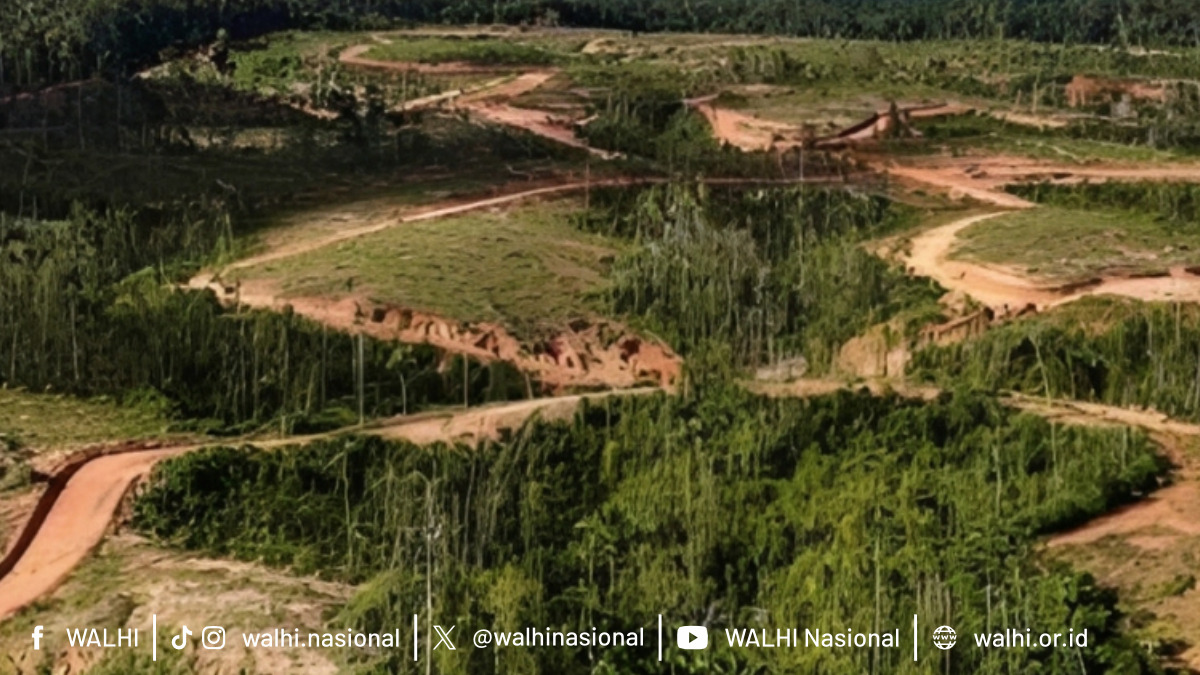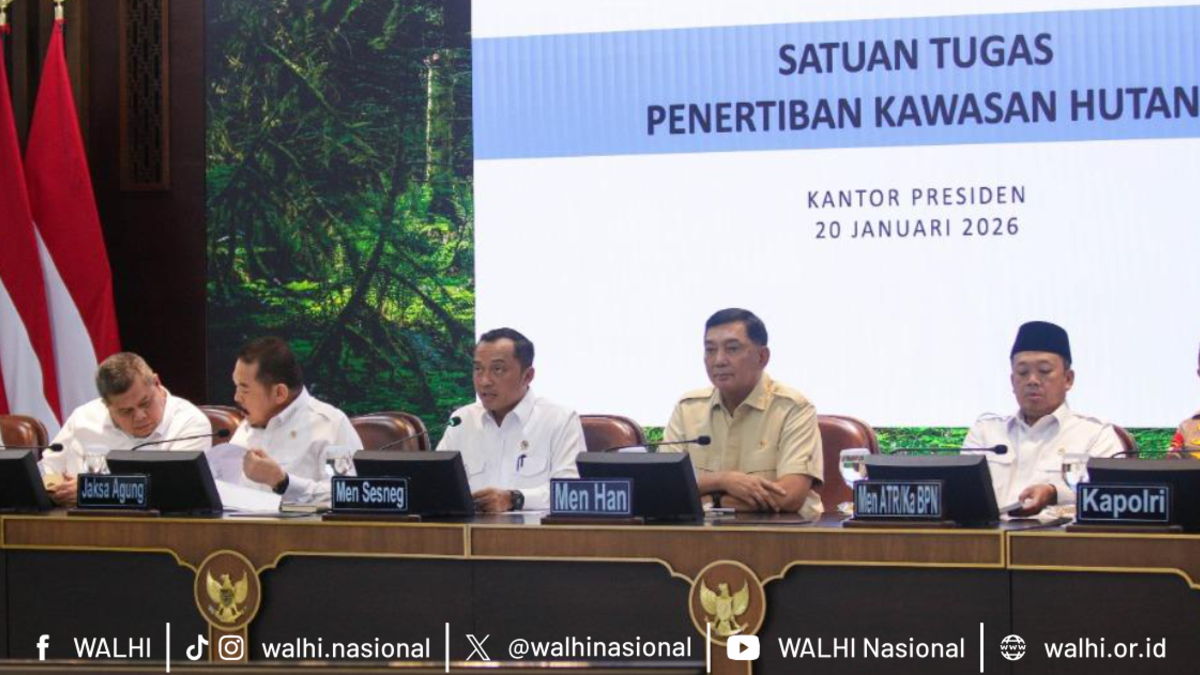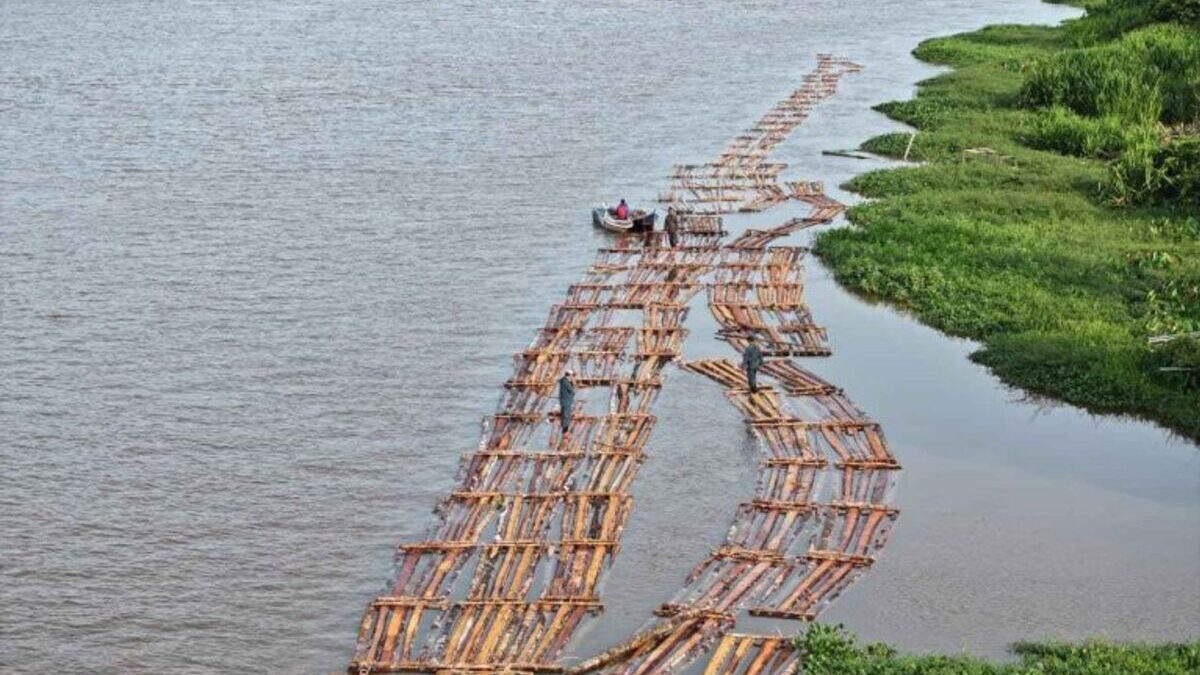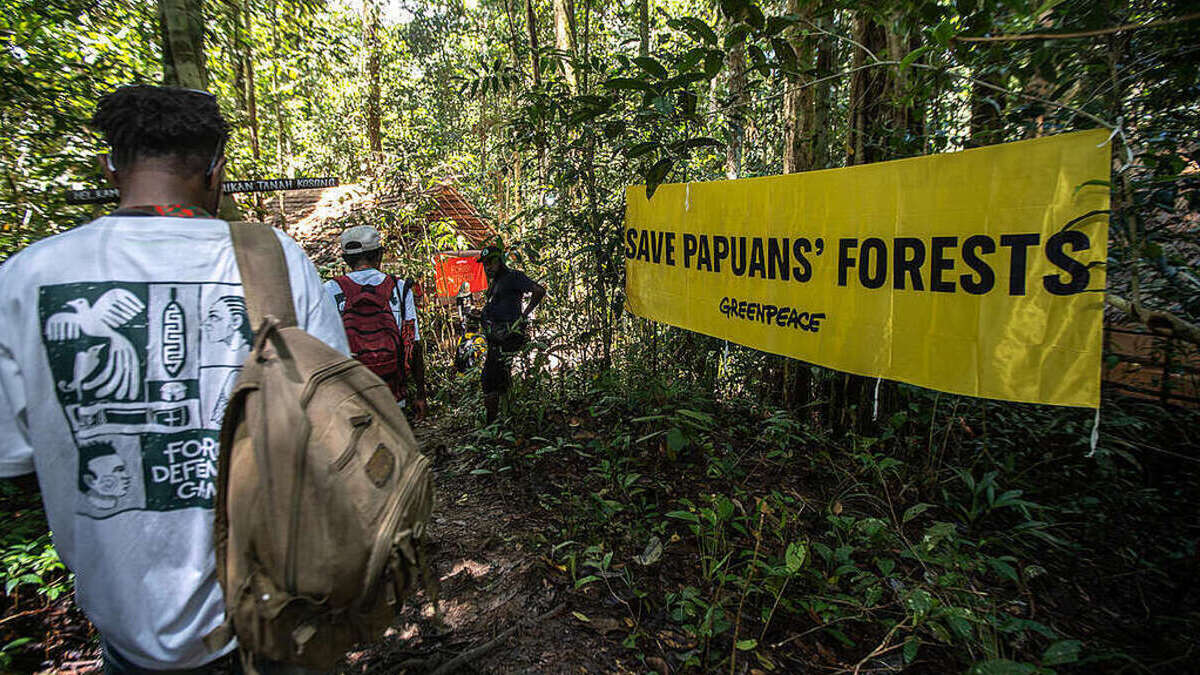Malaysian timber companies accused of driving deforestation in Papua New Guinea
Malaysian timber companies are under fire after a report revealed they hold 97% of forest-clearing licences in Papua New Guinea. Activists warn that 1.68 million hectares of rainforest and indigenous land rights are at risk.
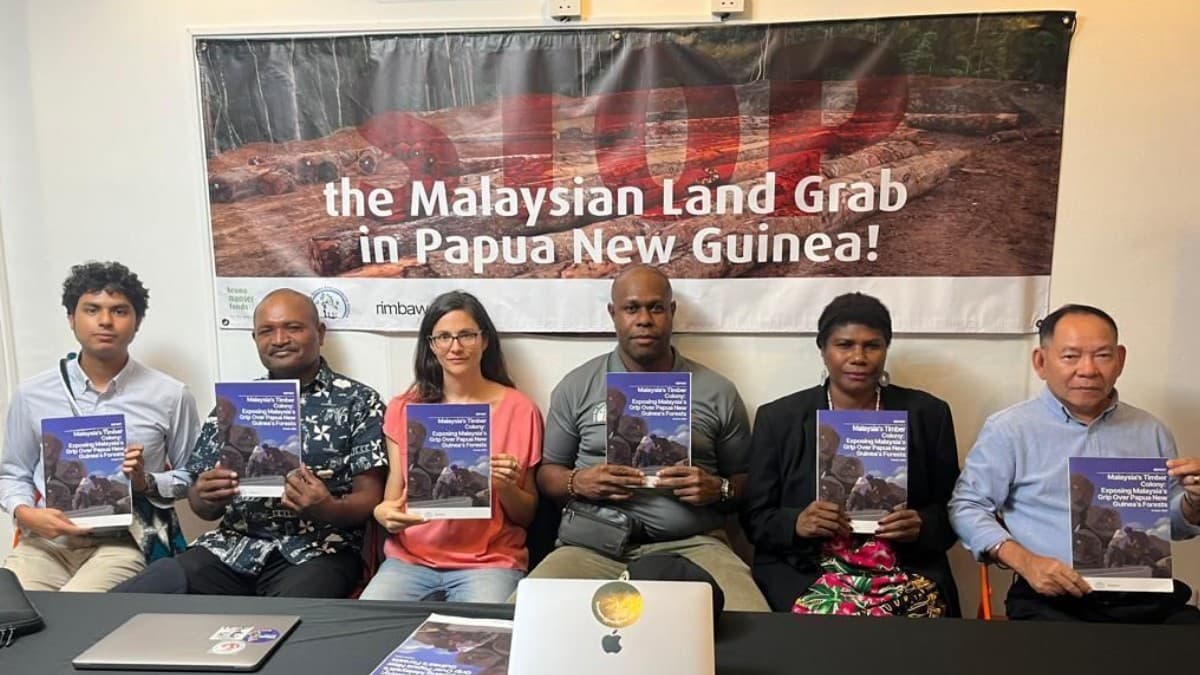
- A coalition of activists and think tanks has accused Malaysian timber firms of large-scale land grabbing and unsustainable logging in Papua New Guinea (PNG).
- A new report alleges that Malaysian-linked companies hold 97% of PNG’s Forest Clearing Authority (FCA) licences.
- Activists warn that 1.68 million hectares of primary rainforest and indigenous rights are at risk.
KUALA LUMPUR, MALAYSIA: A coalition of environmental organisations and activists has accused Malaysian timber firms of contributing to massive deforestation and land-grabbing in Papua New Guinea (PNG).
According to a new 56-page report released by RimbaWatch Malaysia, the Bruno Manser Fonds (BMF) of Switzerland, and the Papua New Guinea Environmental Alliance (PNGEA), Malaysian-linked companies hold 97% of all Forest Clearing Authority (FCA) licences issued in the country.
The report, titled Malaysia’s Timber Colony: Exposing Malaysia’s Grip Over Papua New Guinea’s Forests, was published last week and presented at a press conference in Kuala Lumpur on 21 October 2025.
Forests under threat
The report claims that 65 of the 67 FCA licences—permits originally intended to allow forest clearing for agricultural development—are held by companies registered in Malaysia or controlled by Malaysian nationals.
These licences collectively threaten at least 1.68 million hectares of primary rainforest in PNG, an area roughly equivalent to the size of Johor.
PNG is home to part of the world’s third-largest tropical rainforest ecosystem.
With an export volume of 2.5 million cubic metres of tropical roundwood in 2024, it has become the world’s largest exporter of tropical timber, surpassing Malaysia.
However, activists say this economic activity comes at great environmental and social cost. Since the 1990s, an influx of Malaysian firms has contributed to the degradation of around 15% of PNG’s forest area.
Allegations of rights violations
At the Kuala Lumpur press conference, PNGEA’s coordinator, Pamela Avusi, warned that the FCA system “represents an extremely unsustainable logging practice” and is “often associated with violations of indigenous peoples’ rights.”
Avusi called on Malaysian timber companies to relinquish their FCA licences and urged both Malaysia and PNG to act.
“Papua New Guinea is destroying its forests and is fully aware of this. It is time to stop deforestation now,” she said.
Samuel Kime, a PNG land rights activist, claimed that the majority of FCA licence holders had failed to deliver promised agricultural developments.
“The companies earned about RM842 million up to 2021, but only a small portion reached indigenous communities,” he said.
Concentration of control among Malaysian firms
According to the report, 44 of the 79 Malaysian individuals linked to PNG’s FCA companies are associated with the so-called “big six” Sarawakian logging groups: Rimbunan Hijau, WTK, Samling, KTS, Shin Yang, and Ta Ann.
Collectively, these individuals control around 60% of FCA licences.
The report also documents human rights abuses allegedly linked to the FCA system, including cases of land-grabbing and denial of Free,
Prior and Informed Consent (FPIC) to indigenous landowners. In one documented incident, a community member was reportedly detained in a shipping container for a week after opposing a logging operation.
Calls for reform and accountability
Activists are urging the Government of Papua New Guinea to impose a moratorium on all logging within FCA areas until a full review is completed.
They also want Malaysia to strengthen its National Action Plan on Business and Human Rights (NAPBHR) to better regulate the conduct of Malaysian companies abroad.
Proposals include the creation of a Human Rights Tribunal and a Supply Chain Act, compelling Malaysian corporations to comply with the United Nations Declaration on the Rights of Indigenous Peoples (UNDRIP) in overseas operations.
RimbaWatch director Adam Farhan emphasised that the findings show “a clear pattern of transnational corporate control that undermines both environmental integrity and indigenous sovereignty.”
Background and implications
Papua New Guinea’s forests are among the most biodiverse on earth, containing thousands of endemic species.
Environmental experts warn that the continued issuance of FCA licences threatens not only local communities but also global climate stability, as the destruction of these rainforests releases vast amounts of stored carbon.
The Papua New Guinea government has reportedly announced plans to impose a moratorium on tropical timber exports by the end of 2025, though details of implementation remain unclear.


